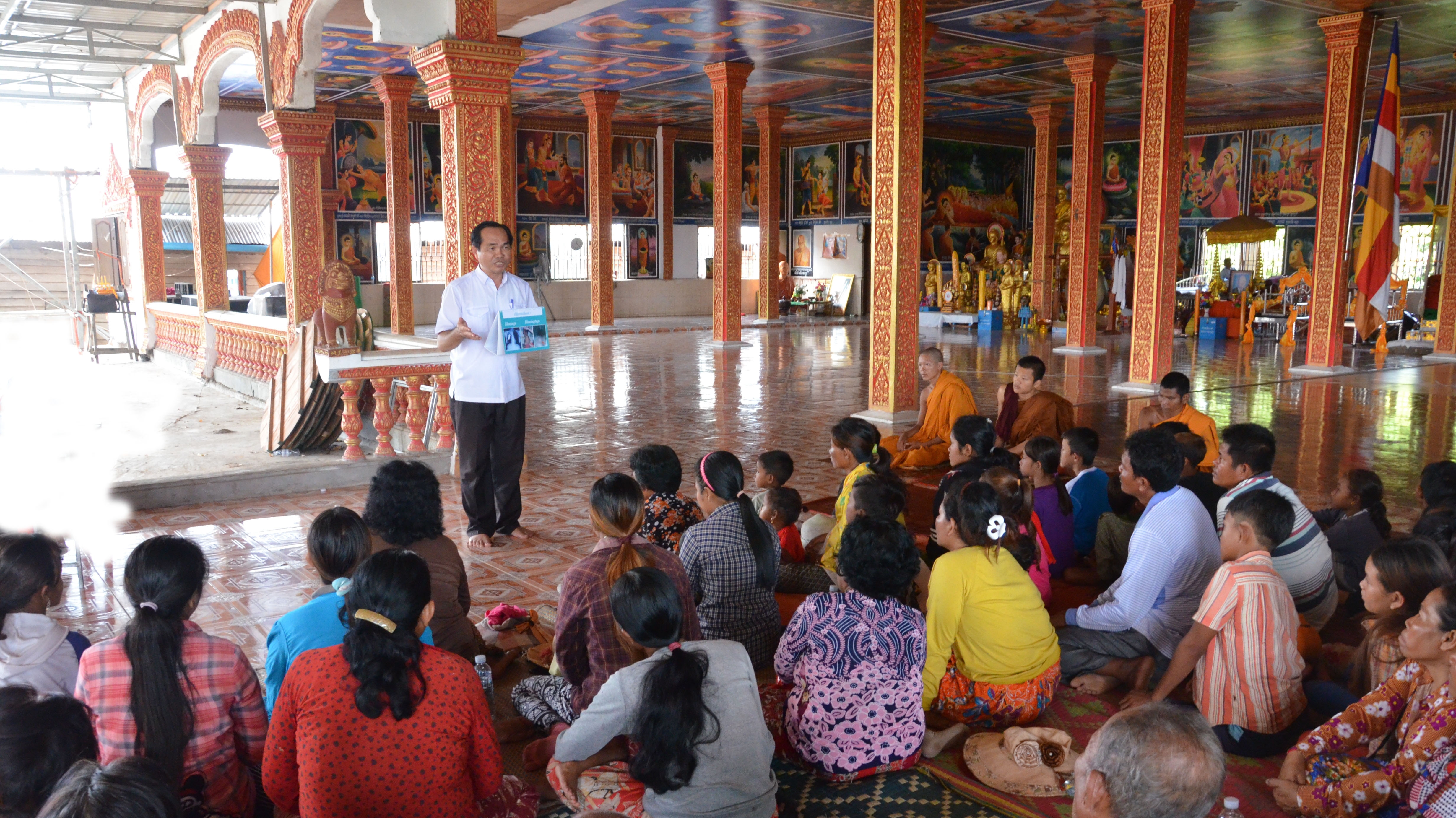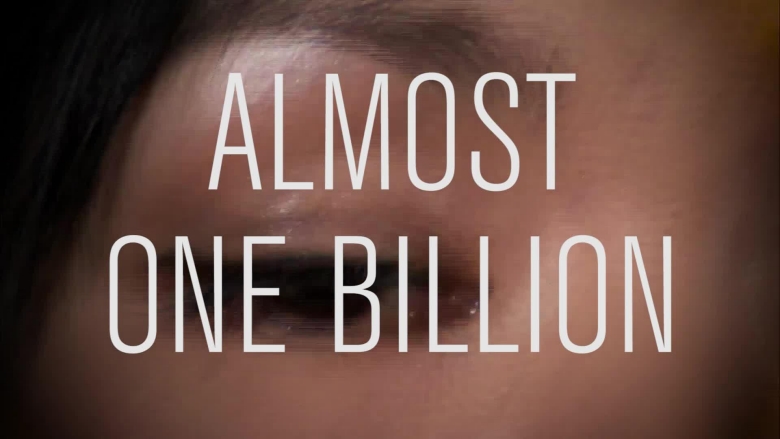Monash University | Culture for Change: Prevention of Gender-Based Violence
Project Summary:
This project aims to contribute to preventing gender-based violence (GBV) by harnessing local culture to combat GBV in Cambodia, one of the most violent countries in Asia. The aim of this project is to enrich the primary prevention of GBV in Cambodia through applied research on its cultural drivers, creating and applying a culturally responsive Theory of Change.
The objectives are:
- Through action research, test how preliminary evidence on cultural drivers of GBV are valid in building a cultural model of GBV in Cambodia. The team will confirm how women, men, girls, and boys use their local cultural references to make sense of the GBV they have experienced or witnessed. Thus, the project will expose and analyze the cultural forces that underpin and shape the GBV "landscape."
- Through collaborations with the Buddhist network, explore and test how interventions by monks and female devotees could modify risk behavior and contribute to the primary prevention of GBV. The team will examine theories and interventions used by monks to mitigate the effects of GBV and prevent further episodes. The team will document why perpetrators and survivors seek help from monks and female devotees and how it changes attitudes towards women and girls and the sense of impunity on GBV.
- Through invited partnerships with government, multilateral and local agencies, explore ways to underpin the National Action Plans with a culturally responsive Theory of Change. Findings will be progressively incorporated into policy and strategy documents through established cooperation or partnerships with government Ministries and local NGOs, ultimately for prevention of GBV.
Expected outcomes:
- An evidence base for cultural determinants of GBV;
- Culture as the solution rather than the problem;
- Enrichment of national capacity for primary prevention of GBV;
- A culturally responsive Theory of Change

